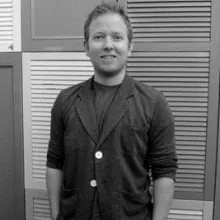
Energy, Environment and Green Chemistry
The greatest challenges facing 21st century are chemical in nature: addressing energy security and the development of sustainable industry, including the transition away from fossil fuels (decarbonisation) and the remediation of contaminated/polluted environments.
About
The greatest challenges facing 21st century are chemical in nature: addressing energy security and the development of sustainable industry, including the transition away from fossil fuels (decarbonisation) and the remediation of contaminated/polluted environments. Research in this field includes: the development of new materials and new processes for applications in energy conversion and storage, catalysis, cleaner chemical synthesis, such as advanced materials and devices used in battery, solid-state energy storage, supercapacitors, photovoltaics, liquid organic hydrogen storage, advanced catalysts for waste water treatment and green ammonia.












